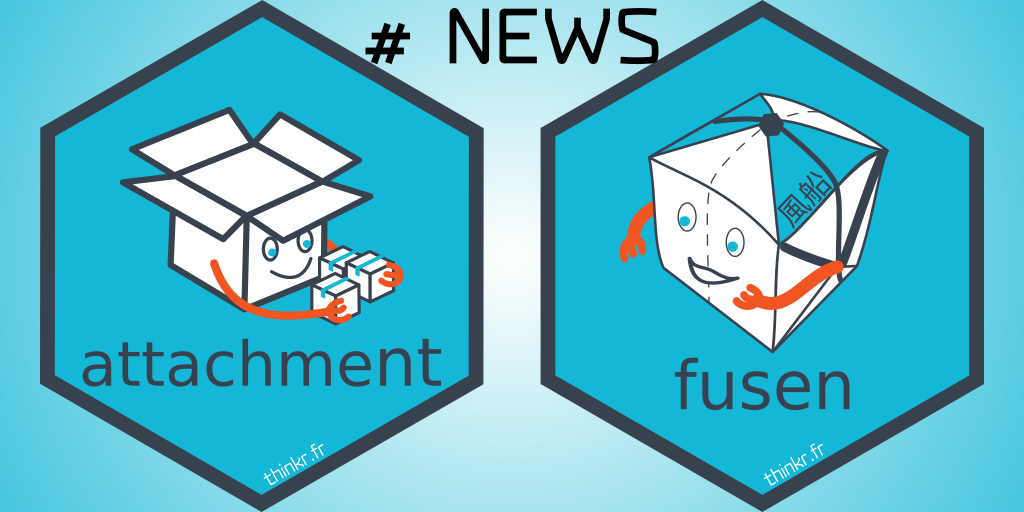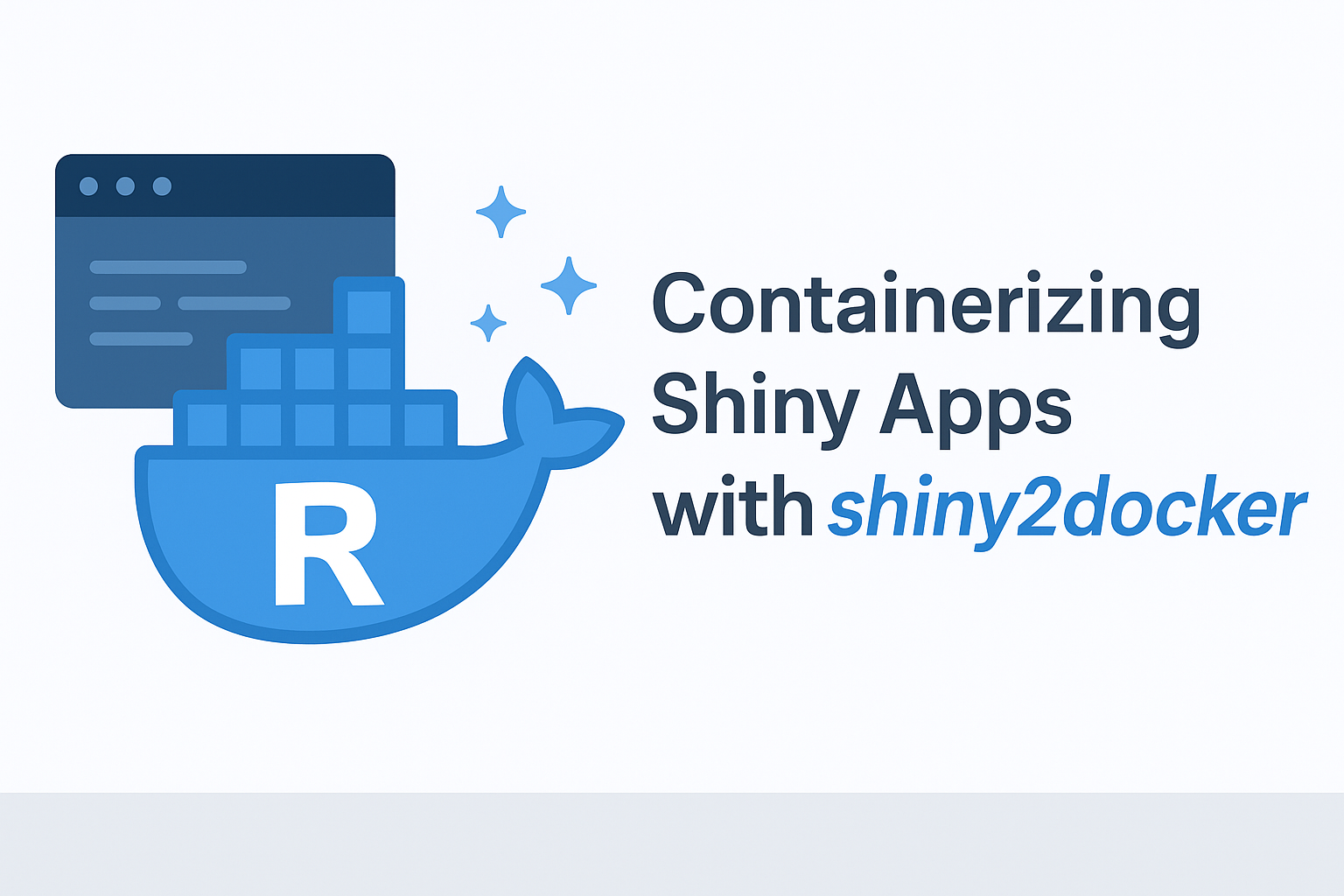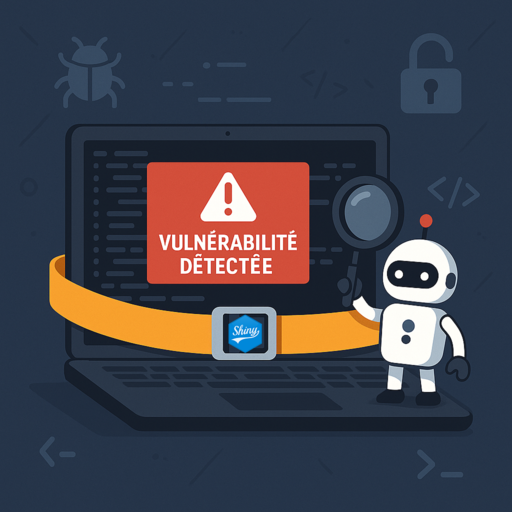One aim of our open-source packages at ThinkR is to make our development workflows easier. {attachment} and {fusen} are developed maintained to help packages development and maintenance. Inception… If they help us every day, they can probably help you as well! In this blog post, I present the lastest changes of these two packages.
If you want to know how they work for your every day life, you may want to have a look at the Readmes:
- {fusen}: https://thinkr-open.github.io/fusen/
- {attachment}: https://thinkr-open.github.io/attachment/
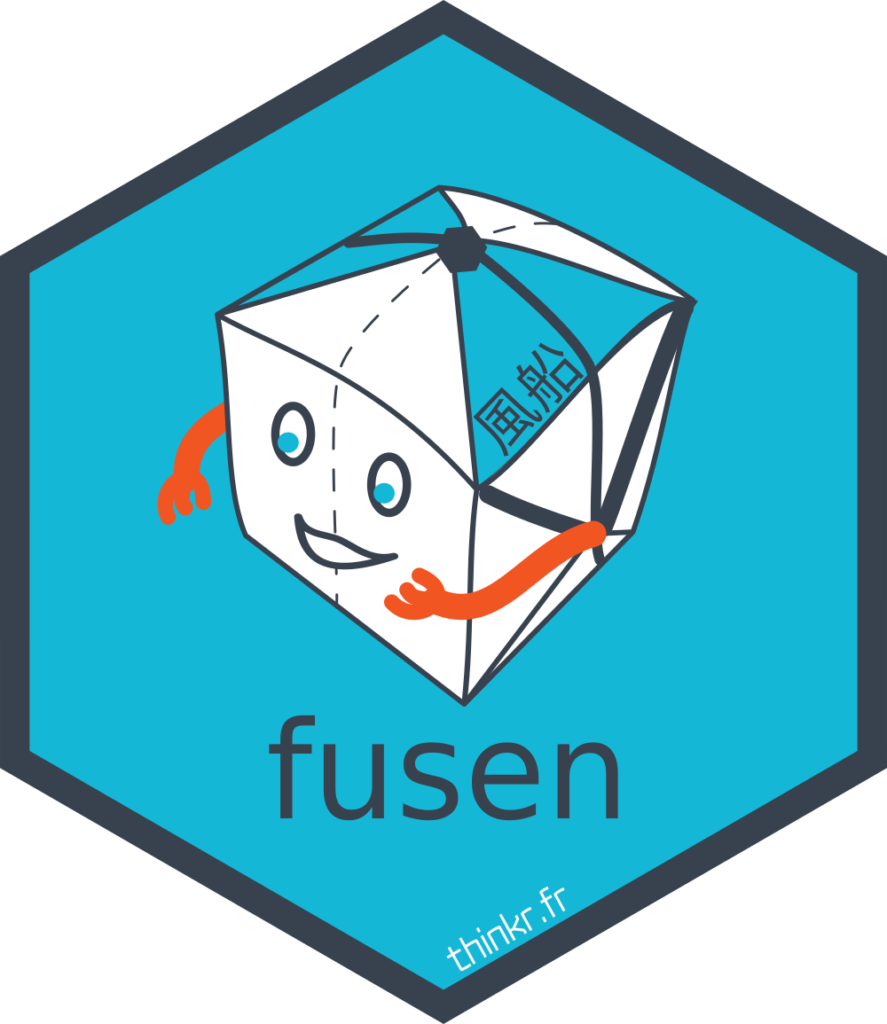
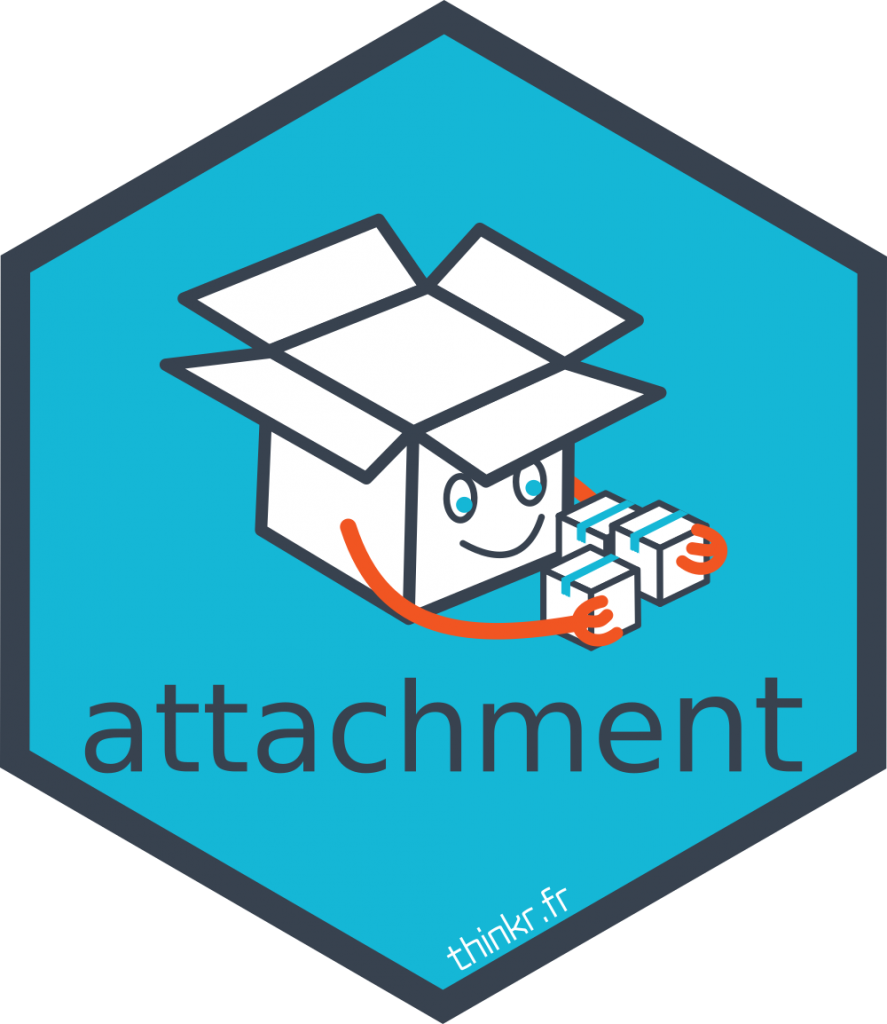
Install from r-universe
Table of Contents
Both these packages are available on CRAN.
However, if you want to get the latest version, without being constrained by GitHub (token needed, some organisations IT blocking GitHub, …), you may want to install them using https://thinkr-open.r-universe.dev/ as source repository.
# Enable repository from thinkr-open
options(repos = c(
thinkropen = 'https://thinkr-open.r-universe.dev',
CRAN = 'https://cloud.r-project.org'))
# Download and install attachment & fusen in R
install.packages('attachment')
install.packages('fusen')R-runiverse is a wonderful platform started and developed by Jeroen Ooms for ROpenSci.
The R-universe platform allows to search and install R packages directly coming from the developers, without the risk of them being removed without the consent of these same developers.
You directly have access to the documentation, as well as indicators of maintenance of the packages.
Quick NEWS in {fusen} v0.4.1
New features
See below for a longer description
- Load all
functionchunks of the flat file currently opened withload_flat_functions()(Like aload_all()for a flat file) - Allow to
inflate()a Quarto “.qmd” flat file (#160)
Minor
- Fix HTML5 doc
Quick NEWS in {attachment} v0.3.0
New features
See below for a longer description
find_remotes()andset_remotes_to_desc()now detects github, gitlab, git, bitbucket, local installations to add to the “Remotes:” part of the DESCRIPTION file (@MurielleDelmotte)- Quarto documents can be parsed with
att_from_qmds()as an alias ofatt_from_rmds().
Minor changes
- Documentation for bookdown and quarto dependencies extraction updated
Bug fixes
- Allow to use dependencies after
att_amend_desc()#52

{fusen} – Can I load all functions of the current flat file during development without having to inflate()?
Yes. You can run and load function chunks only in the currently opened flat file with load_flat_functions().
With long flat file currently in development, and before inflate(), it is sometimes difficult to run all chunks needed after multiple modifications. This can also be useful when you start again your development the day after.
load_flat_functions() is like a load_all() for a flat file, although it does not account for dependencies.
In the console, run:
fusen::load_flat_functions()You can also run function chunks of a specific flat file with:
fusen::load_flat_functions(flat_file = "dev/flat_full.Rmd"){fusen} – Can I inflate a Quarto qmd file?
Yes you can. As long as what you include in your qmd flat file is good for a R package vignette, you can use the qmd format.
This will not really change the output of anything as the flat file is not meant to be rendered.
The vignette created from this flat file will still be a Rmd file.
But why not!?
Hence, you can add a flat file and change its extension to “.qmd” if you like.

{attachment} – Propose content for the “Remotes” field of your DESCRIPTION
set_remotes_to_desc() adds packages that were installed from other source than CRAN to Remotes: field in DESCRIPTION.
For instance:
- For GitHub :
Remotes: thinkr-open/attachment - For GitLab :
Remotes: gitlab::jimhester/covr - For Git :
Remotes: git::https://theurl/package_git.git - For local package:
Remotes: local::c:\mylocalpackageorRemotes: local::subdir/mylocalpackage - For Bioconductor :
Remotes: bioc::3.3/package_bioc
You may want to run it after att_amend_desc().
att_amend_desc() %>%
set_remotes_to_desc()If you only want to find if packages were installed from other source than CRAN, without amending DESCRIPTION, you can use find_remotes().
You can use it on a vector of packages names
find_remotes(pkg = c("attachment", "desc", "glue"))You may also want to combine it to att_from_description()
att_from_description() %>%
find_remotes(){attachment} – Use {attachment} with {bookdown} / {pagedown} / {quarto} and dependencies of the code included
Dependencies of your Bookdown can be automatically discovered and installed if you use a “DESCRIPTION” file in combination with {attachment}.
Indeed, you can use this procedure to create the DESCRIPTION file for local installation or for Continuous Integration with GitLab Pages or GitHub Actions.
See for instance, the GitLab CI workflows in {gitlabr}: https://github.com/statnmap/gitlabr/tree/main/inst/gitlab-ci
- Create a “DESCRIPTION” file
usethis::use_description()- Fill the “DESCRIPTION” file using
attachment::att_to_desc_from_is().
Note that to include it directly in CI (as proposed in {gitlabr} templates), you may need to setatt_to_desc_from_is(must.exist = FALSE).
Note thatatt_from_rmds()also works for “.qmd” documents. You can useatt_from_qmds()if you want, although for now there is no difference and it will also parse “.Rmd” documents.
# bookdown Imports are in Rmds
imports <- c("bookdown", attachment::att_from_rmds("."))
attachment::att_to_desc_from_is(
path.d = "DESCRIPTION",
imports = imports, suggests = NULL,
must.exist = FALSE
)- Install dependencies from the DESCRIPTION file
# install.packages("remotes")
remotes::install_deps()- Build your {bookdown} / {pagedown} / {quarto}


{attachment} and {fusen} together in your workflows
A quick note to remind you that {fusen} uses {attachment} behind the scene.
If you inflate() your flat file, then attachment::att_amend_desc() will be run too.
As it is run without option, you can prevent {attachment} to be run with:
fusen::inflate(document = FALSE)
# I would add this line after, to jump to your own version of attachment::att_amend_desc()
rstudioapi::navigateToFile("dev/0-dev_history.Rmd", line = 92)Then, in your “dev/0-dev_history.Rmd”, you can add your own specific code.
For instance, in {attachment} itself, in “dev/dev_history.R”, you can find this:
attachment::att_amend_desc(
pkg_ignore = c("remotes", "i", "usethis", "rstudioapi", "renv",
"gitlab", "git", "local", "find.rscript", "bioc"), #i
extra.suggests = c("testthat", "rstudioapi", "renv", "lifecycle"), #"pkgdown", "covr",
dir.t = "",
normalize = FALSE)Enjoy this two packages individually or their combination!

